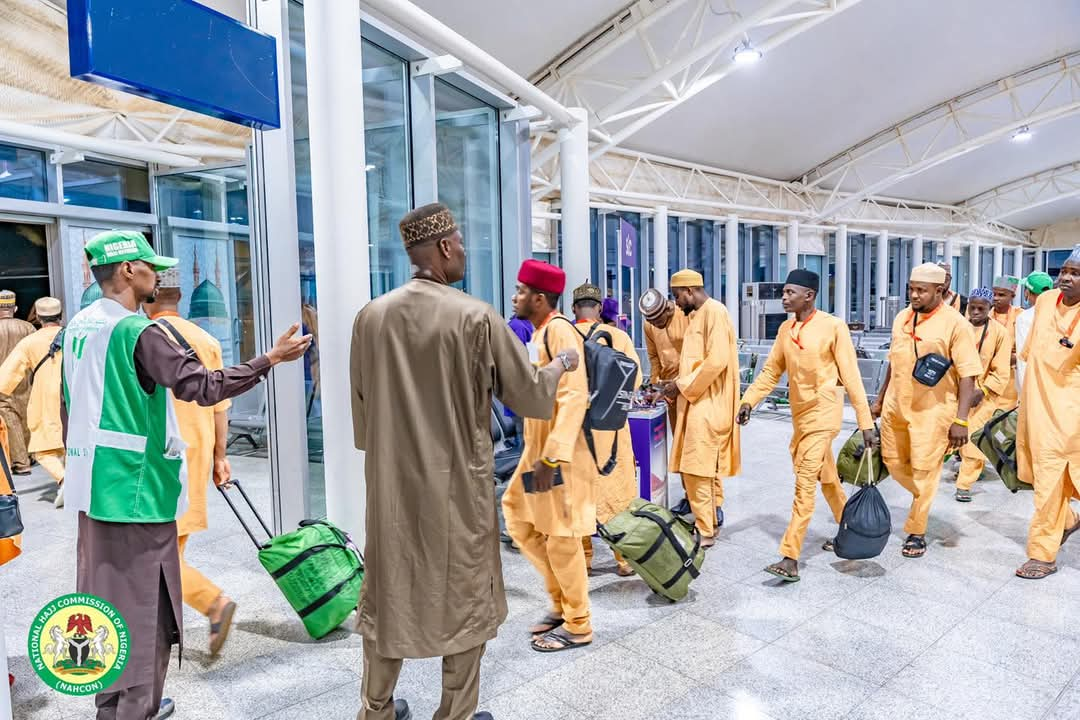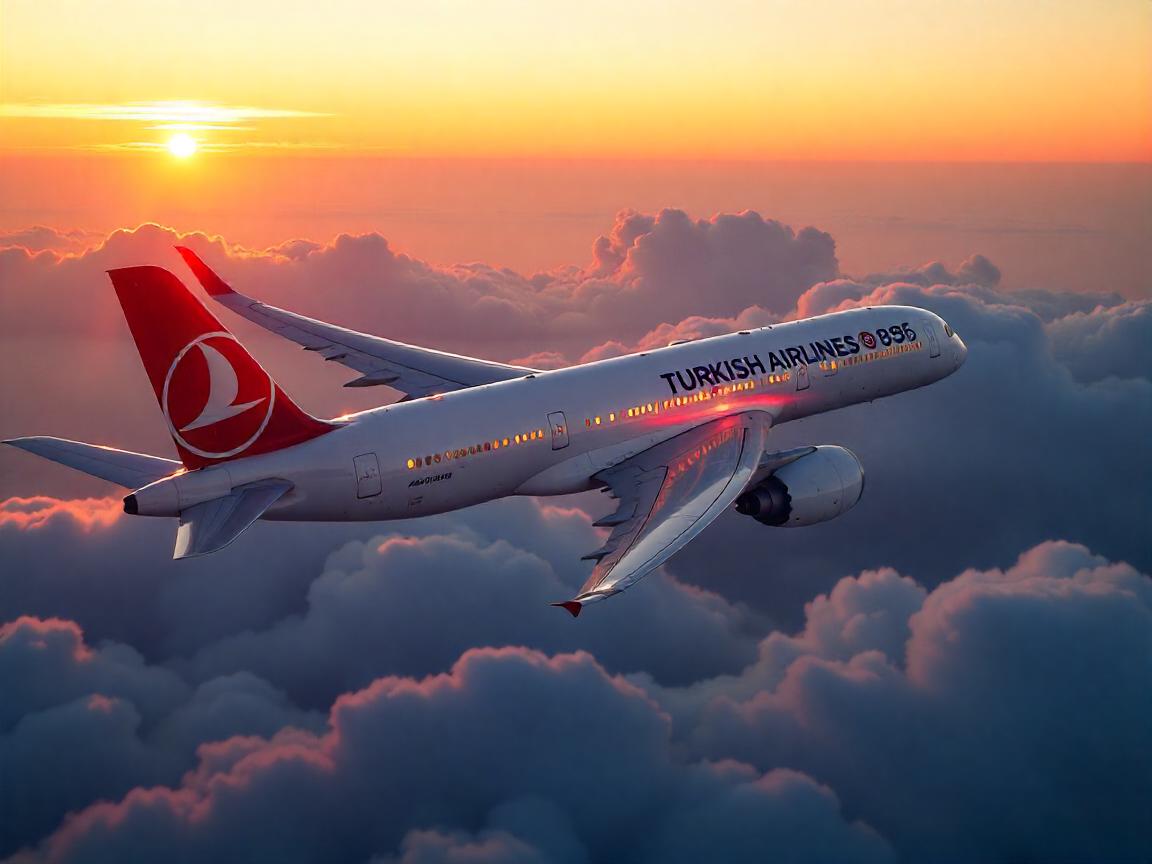Ibrahim Bangura as Sierra Leone's Path to Redemption - THISDAYLIVE
Sierra Leone needs to bring development to the country
“The hottest places in hell are reserved for those who, in times of great moral crisis, maintain their neutrality” – Dante Alighieri’s timeless warning echoes through Sierra Leone’s current crossroads. As America’s recent visa restrictions place this West African nation in the company of states like Venezuela and Turkmenistan, the country finds itself not merely at a political juncture, but at a civilisational one.
These reverberations coincide with the gathering storm of a generational election. In this twilight of decision, the nation’s character is being tested. Sierra Leone needs more than a politician; its people crave a statesman, one who embodies what Plato termed a “philosopher-king”: that rare fusion of intellectual rigour and pragmatic leadership the republic desperately requires.
The U.S. visa restrictions, a modern form of political ostracism, did not emanate in a vacuum. They mirror Chinua Achebe’s diagnosis of “the trouble with Nigeria” (and by extension, Africa): “the failure of leadership”. When the world’s preeminent power groups Sierra Leone with nations ruled by strongmen and failed states, this constitutes not merely a policy shift, but a damning verdict on the governance of the country.
The ancient Greeks spoke of “kairos”, those decisive moments when history holds its breath. For Sierra Leone, such a moment has arrived.
Freetown’s cotton trees have borne witness to six decades of promise and peril since independence. Yet today, as dawn breaks over the Lion Mountains, its children inherit a cruel paradox: a land rich in diamonds yet starved of opportunity; a democracy with elections but enfeebled institutions; a people of formidable resilience now confronting America’s diplomatic frost.
This country, its leaders, its parties, its decision makers, must take a hard look inward. Now is the time to turn to the best among them: the thinkers, the seasoned hands, those who have walked the long road of service. And in that light, one name stands out, Dr. Ibrahim Bangura. Oxford scholar. African Union advisor. A son of Freetown, shaped by its struggles and steeped in its spirit. This is his moment. If ever there were a leader who could restore this nation’s fading voice on the world stage, it is him.
Like Mandela understood that to end apartheid, it required both resistance and reconciliation, Dr. Bangura grasps that Sierra Leone’s redemption needs neither revolutionary rhetoric nor meek compliance, but what the political theorist Max Weber termed “the ethic of responsibility”.
A tree does not grow tall in a day – this Limba proverb encapsulates Dr. Bangura’s journey. Born to a politically-engagedFullah/Susu family, his path mirrors Sierra Leone’s own trajectory: from the tumult of post independence idealism, through the dark valleys of conflict, toward the hard won wisdom of reconciliation. Dr. Ibrahim Bangura stands before the people of Sierra Leone as that rare figure who combines the wisdom of the scholar with the courage of the reformer, the vision of the philosopher with the practicality of the development expert. His experience has been an unspoken preparation for this precise historical moment, much like Churchill’s wilderness years prepared him for Britain’s darkest hour.
The journey of this remarkable son of Freetown reads like a roadmap for national renewal. Born into a politically engaged Fullah/Susu family, Dr. Bangura’s intellectual odyssey took him from the hallowed halls of Fourah Bay College to the rigorous academic environments of Leipzig and Oxford. Yet what distinguishes him is that rare quality the Romans called “virtus” – not merely knowledge, but the character to apply it wisely. His over twenty years of service with the African Union and United Nations were not spent in air conditioned offices drafting theoretical papers, but in the field transforming ex-combatants into farmers in Liberia, preventing electoral violence in Ghana, and bringing light to rural clinics in Niger.
Dr. Bangura’s vision for Sierra Leone is both practical and bold. First, he will restore trust abroad through transparent diplomacy. Second, he will drive economic revival by channelling diamond wealth into tech and farming. Third, he will equip young people with proper education, reliable power, and real job prospects.
The All Peoples Congress now faces what German philosophers term a “Scheideweg” – a decisive fork in the road. The party can continue with business as usual, or it can embrace this moment of transformation by selecting a leader whose very biography embodies the change Sierra Leone needs. Those who argue that the Freetown native is “too academic” forget that America’s founding fathers were precisely such men of ideas and action – what Jefferson called “an aristocracy of talent.” In an era where Ghana’s Nana Akufo-Addo (a human rights lawyer) and Liberia’s George Weah (a football legend turned reformer) have redefined leadership in our region, must Sierra Leone remain trapped in outdated models?
As the country stands at this crossroads, the words of Martin Luther King Jr. ring across the decades: “The arc of the moral universe is long, but it bends toward justice.” For Sierra Leone, that arc now bends toward a fundamental choice between the politics of the past and the statesmanship of the future. The visa restrictions need not be the country’s epitaph, but could become the catalyst for its national rebirth.
In Dr. Ibrahim Bangura, we find that rare leader described in the Igbo tradition as “the tree whose branches touch the sky while its roots remain firmly in the earth.” His vision combines international sophistication with local understanding, intellectual depth with practical solutions. The question before Sierra Leone as a nation is not whether he is ready to lead, but whether the people are ready to be led towards their better angels.
For as the ancient African proverb reminds us: “When the music changes, so must the dance.” Sierra Leone’s music has changed. The world is watching to see if Sierra Leone will now change its dance. In Dr. Bangura, they have the choreographer who can guide their steps toward the future they deserve – a future of dignity, prosperity and restored standing in the community of nations.









